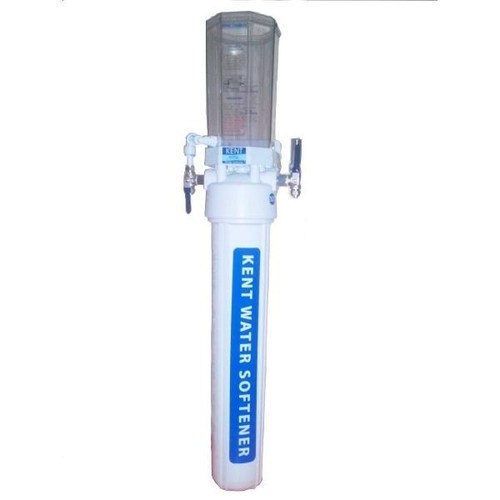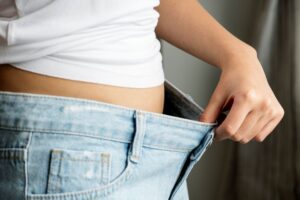Hard water is increasingly becoming a problem these days. Earlier, people were only worried about drinking water that was contaminated and they had to deploy water purifiers to make it safe for consumption. But now, they are also concerned about the hard water problems, which compel them to look for ways to convert hard water into soft water.
Over the years, various minerals that are present in contaminants from pesticides, fertilizers, sewage wastes from industries etc. actually seeped into the water supply to such an extent that the water became too hard for use. Though hard water does not cause much of health issues, problems related to expenses crop up to a great extent. For instance, hard water causes scaling in appliances, which in turn need maintenance more often or it may also lead to frequent replacement.
The presence of hardness minerals in water leads to the formation of a white chalky substance in appliances and things that store water. Washing of clothes is not done properly as the soap doesn’t form enough lather with hard water. Similarly, washed utensils have white stains on them, which look ugly especially glassware and cutlery. In such cases, water softeners are the best solution to change hard water into soft water.
Difference between Water Filters and Water Softeners
People often get confused between these two terms. While a filter purifies water and makes it safe for consumption by removing all the pollutants and contaminants present in it, a softener converts hard water into soft water.
In the water softening process, hard water passes through an ion-exchange resin that contains beads saturated with sodium ions. Magnesium and Calcium, which are the ions of hardness minerals, get attracted towards these resin beads. Then, they change their position with the ions of sodium, thus resulting in softened water.
How Do Water Softeners Help?
What these water softeners exactly do is that they remove the minerals that make the water hard and replace them with sodium. The water that you get after using these softeners is more compatible with soap and helps in avoiding the common problems caused by hard water. Wherever and whenever water hardness becomes a concern, it is always advisable to use water softeners.
Why Kent Autosoft?
There are two types of softeners available in the market: one that can be fitted in all types of household appliances and the other that is fitted with an overhead storage tank. Kent Autosoft belongs to the latter category. It is designed by Kent to be used in the overhead storage tank so that the water supply to the entire house is soft water.
KENT Autosoft comes in many variants with a slight difference in specific features, but what is common in all is that it is used in the overhead tank so that the entire water supply of hard water is treated and what you get from any tap in your house is soft water. So, none of your sinks, showers, taps or geysers have any stain marks or scaling.
All these variants are easy to use and maintain with a fully automatic regeneration technology. They are microprocessor-controlled softeners that undergo 5 stages of regeneration process comprising of normal, backwash, recharging, flushing and brine refill on their own. As they are connected to overhead tank, the output capacity is usually high. KENT Autosoft converts hard water to soft by the ion-exchange method where the hard salts of magnesium and calcium are replaced by that of sodium.
Water softeners may seem to be slightly on the costlier side, but given that once you install it you need not worry about anything else, the cost is very much justified.




